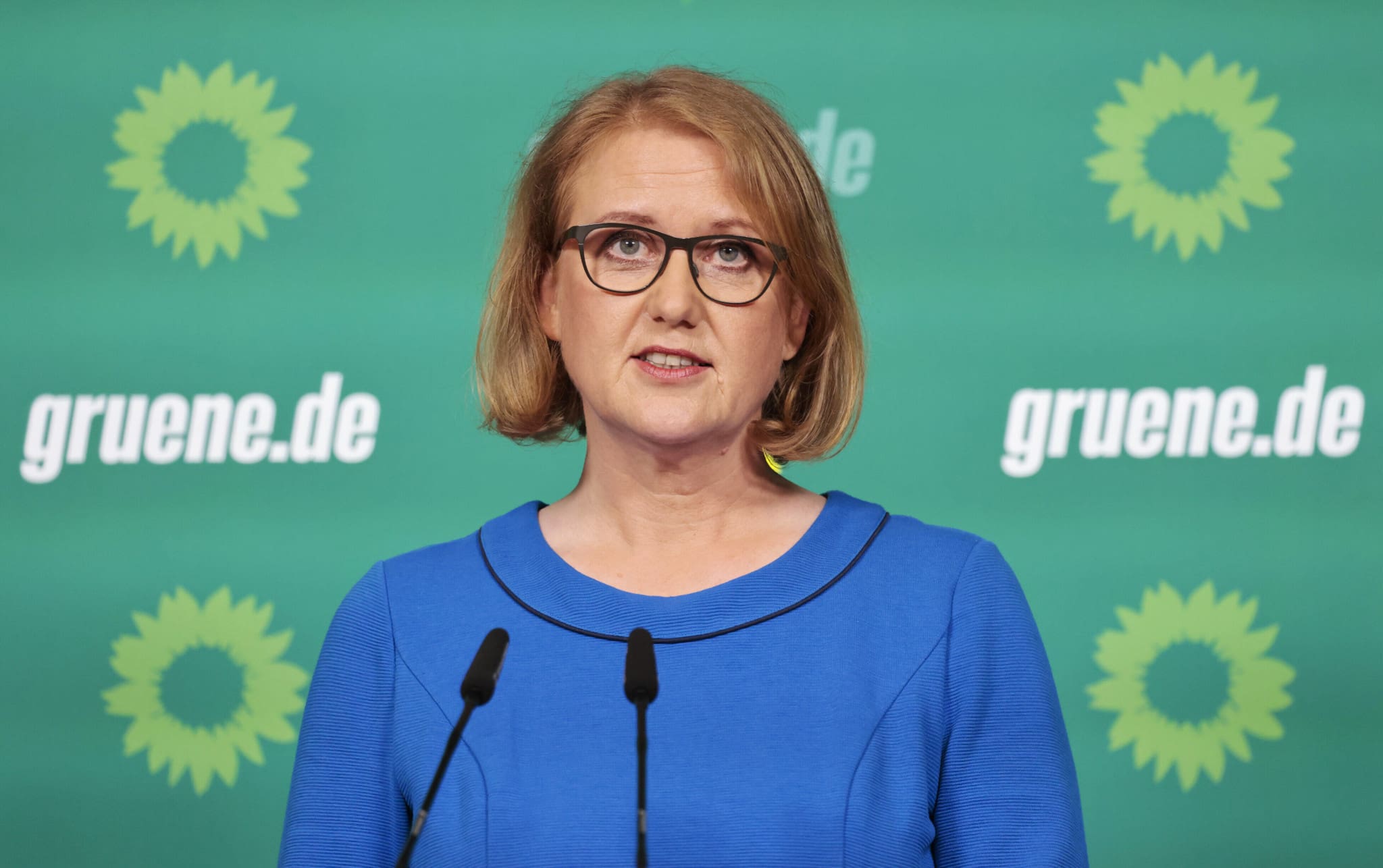The fall of Germany’s SPD, which was already apparent in the state elections in Schleswig-Holstein and most recently in North Rhine-Westphalia, is also continuing in the most recent polls. In the “Germany trend” surveyed by the Wahlen research group for ZDF, the SPD fell by three points to 22 percent, while the CDU rose by three points to 26 percent, and the Greens even rose to second place with four points to 24 percent.
Black-Green (CDU-Green party) would have a clear majority in the federal government, as Junge Freiheit news outlet writes.
Black-Green is also emerging as a future governing coalition in North Rhine-Westphalia and Schleswig-Holstein. The CDU will then be involved in nine state governments, while the Greens will be part of the government in eleven. The former left-wing eco-party is increasingly forming the center of power in the republic and is the decisive kingmaker.
During the Ukraine war, the Union and the Greens moved closer together on foreign and security policy issues. There is a black-green shadow government in the Bundestag more and more often. Will the traffic light even burst halfway through the legislative period, and will there be a new chancellor put in power? That’s unrealistic. Such a scenario existed already in 1982 when the FDP left the social-liberal coalition when Helmut Schmidt was overthrown in a constructive vote of no confidence, and Helmut Kohl was then elected to office.
Greens oust FDP
But why should the Greens do that? The potential for blackmail via the Bundesrat will be enough for them, and they will be reluctant to give up the chance to take the chancellor’s office themselves in the next federal election. Until then, they can work on further exhausting the SPD and FDP to become even stronger.
The FDP is falling behind more and more in the shadow of the Greens. Party leader Lindner seems exhausted. Friedrich Merz, the new leader of CDU, is now collecting the voters he had laboriously won over from the FDP in opposition to the Merkel CDU. As opposition leader and former Merkel intimate turned enemy, Merz can also win back voters turning away from the AfD because of the ongoing dispute over the Covid-19 policy and the Ukraine war, with AfD taking an anti-vaccine, anti-lockdown and anti-war stance that does not appeal to everyone in their base.
The closer the liaison with the Greens becomes, the more a right-wing bloc will open up in the CDU on socio-political issues, energy policy, migration, and internal security, which a liberal-conservative party can enforce. It is also not clear how an energy turnaround, ideologically pushed by the Greens — and compliantly executed by the Union and SPD — could blow up in their faces on the economic front.






